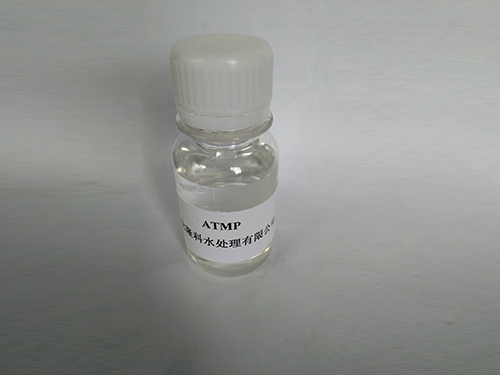Scale and Corrosion Inhibitors for Cooling Towers | Effective Water Treatment Solutions
Scale and Corrosion Inhibitors for Cooling Towers
Cooling towers play a vital role in various industrial processes, including power generation, chemical manufacturing, and HVAC systems. They efficiently dissipate heat from circulating water, but over time, they can become susceptible to scale formation and corrosion, leading to decreased efficiency and potential system failures. To combat these challenges, the use of scale and corrosion inhibitors is essential for maintaining optimal performance and longevity of cooling tower systems.
Scale formation occurs when minerals in the water precipitate and deposit on surfaces, forming a hard, insoluble layer. Common minerals include calcium, magnesium, and silica. When scale builds up, it creates an insulating barrier, reducing heat transfer efficiency and leading to increased energy consumption. In severe cases, scale can cause blockages and damage to pumps and heat exchangers. As such, it is crucial to implement strategies that minimize scale formation.
Corrosion, on the other hand, is the deterioration of metal surfaces due to electrochemical reactions with the environment. Cooling towers are often constructed from materials like carbon steel, stainless steel, or copper, all of which can corrode when exposed to water, oxygen, and other corrosive agents. Corrosion can lead to leaks, system malfunctions, and costly repairs, highlighting the need for effective corrosion control measures.
scale and corrosion inhibitor for cooling tower

To address these issues, various scale and corrosion inhibitors are employed in cooling tower operations
. Scale inhibitors, such as polyphosphates, phosphonates, and organic polymers, work by modifying the surface properties of minerals to prevent them from adhering to surfaces. They effectively keep the minerals in suspension, allowing them to be discharged without forming scale deposits.Corrosion inhibitors, which can be divided into anodic inhibitors (that protect metal surfaces) and cathodic inhibitors (that reduce the electrochemical reaction), are essential for preventing metal deterioration. Commonly used inhibitors include chromates, nitrites, and organic compounds, each designed to provide a protective film on metal surfaces, thus reducing the rate of corrosion.
The proper selection and dosage of these inhibitors depend on various factors, including water chemistry, temperature, and the specific materials used in the cooling system. Regular monitoring of water quality and system performance is crucial to ensure the effectiveness of the inhibitors and to adjust dosages as necessary.
In conclusion, the implementation of scale and corrosion inhibitors is critical for the efficient operation of cooling towers. By minimizing scale buildup and preventing corrosion, these chemical treatments can enhance system reliability, reduce maintenance costs, and prolong the lifespan of cooling tower components, ultimately contributing to the overall sustainability of industrial operations.
-
Water Treatment with Flocculant Water TreatmentNewsJun.12,2025
-
Polymaleic AnhydrideNewsJun.12,2025
-
Polyaspartic AcidNewsJun.12,2025
-
Enhance Industrial Processes with IsothiazolinonesNewsJun.12,2025
-
Enhance Industrial Processes with PBTCA SolutionsNewsJun.12,2025
-
Dodecyldimethylbenzylammonium Chloride SolutionsNewsJun.12,2025





